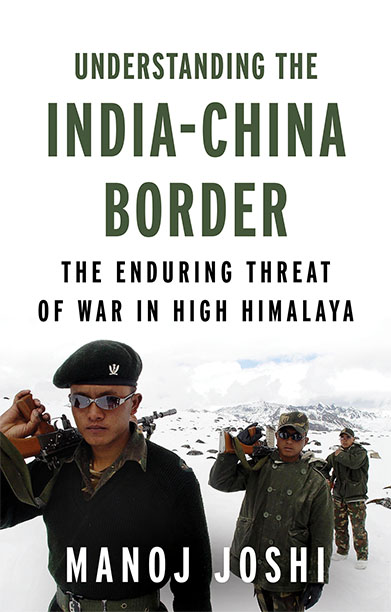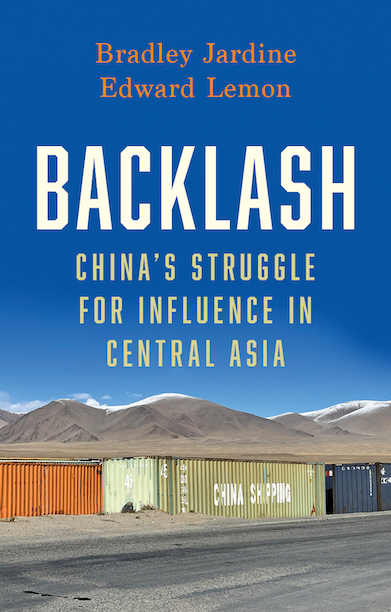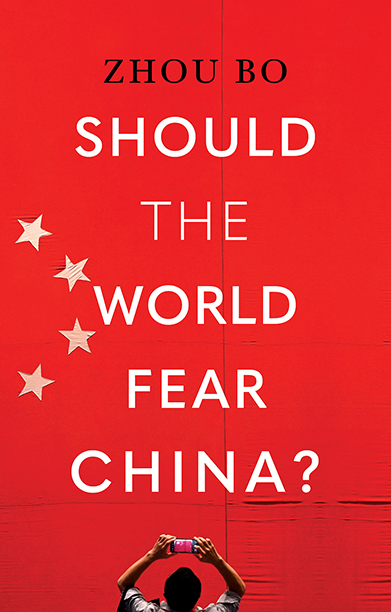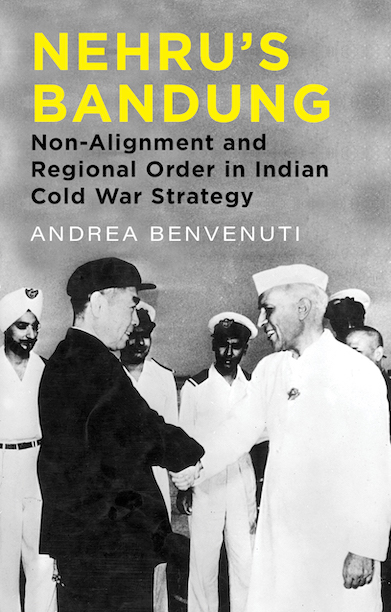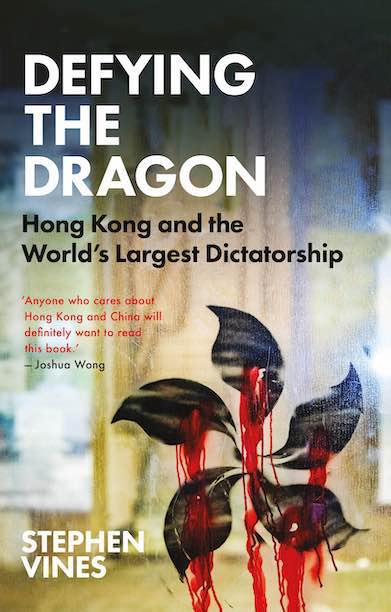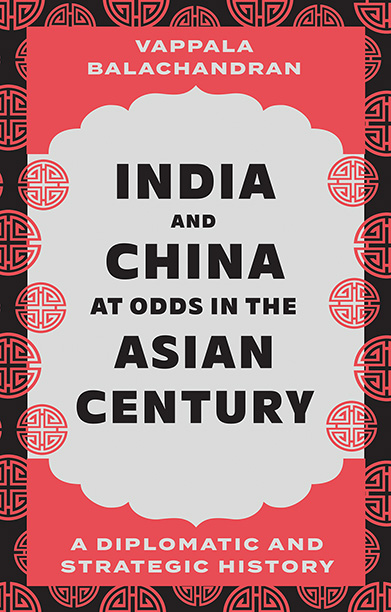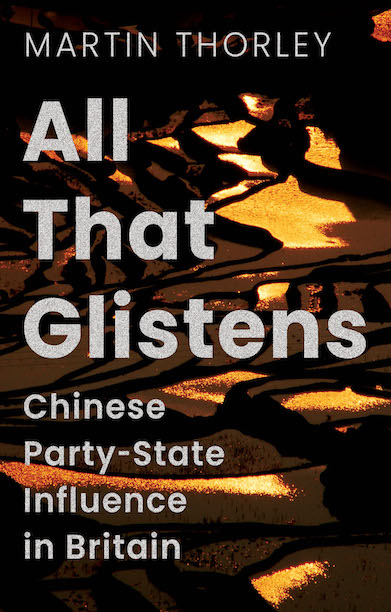Understanding the India–China Border
The Enduring Threat of War in High Himalaya
A revealing history of six decades of mutual suspicion, hostility and military manoeuvring along a cold and largely inhospitable frontier.
Description
In the summer of 2020, China and India came near to war. The nuclear-armed adversaries both massed troops and equipment along their disputed border in eastern Ladakh. The two sides slugged it out with fists, stones and clubs, next to a fast-flowing Himalayan stream, resulting in dozens of deaths and injuries, many from hypothermia.
The entire 4,000-kilometre Sino-Indian boundary is disputed. In 1962, the two countries fought a short and vicious war that went badly for India, and from which Nehru never recovered. The border, called the Line of Actual Control, is not marked on any map agreed upon by the two sides; it runs through the largely unpopulated and inhospitable high mountains of the Himalayas. From the 1990s, as Beijing and New Delhi sought to resolve their seemingly intractable border dispute, an elaborate system of agreements kept the situation akin to a kettle on a slow boil.
But the kettle is now boiling over. The two rising Asian giants, both led by strongly nationalistic regimes, neither of which wishes to blink first, are seeking geopolitical and strategic advantage. This timely book explains what is happening on ‘the roof of the world’; and why that matters for us all.
Reviews
‘An exquisite historical account of the [India-China] border conflict.’ — International Affairs
‘This book is as impressive as the mountains it describes.’ — Asian Affairs
‘An impressive, masterly study with an epic sweep that straddles the complex landscape of contemporary India–China relations and that brings into sharp focus the intricate, multi-faceted nature of the subject. Joshi’s investigative outlook, his deep knowledge of the issues involved and their strategic nature, together with his objectivity and clarity of assessment, combine to make for a work of outstanding scholarship.’ — Nirupama Rao, former Indian Foreign Secretary, and author of The Fractured Himalaya: India, Tibet, China, 1949–1962
‘At last, an accessible, accurate and up-to-date account of the India–China border. Steeped in Joshi’s deep knowledge and long experience, this timely and topical book places the India–China border within the larger context of relations between the two countries, and of Asian and global politics. Coming when India–China relations are poised at the crossroads and could go either way, this book is an essential read.’ — Shivshankar Menon, former National Security Adviser, Foreign Secretary and Ambassador to China, and author of Indian and Asian Geopolitics: The Past, Present
‘In a field already crowded with several works on the India–China border issue, this finely crafted book stands out for its meticulous research, sharp analysis and outstanding insights. Joshi has skilfully used the prism of the border issue to explore the possible trajectory of India–China relations in a vastly altered geopolitical landscape, lending to the book’s contemporary relevance.’ — Shyam Saran, former Indian Foreign Secretary, Prime Minister’s Special Envoy on Nuclear Affairs and Climate Change and author of How India Sees the World: Kautilya to the 21st century
‘The territorial dispute between China and India is one of the world’s largest and most consequential. In clear, lucid and engaging prose, Joshi offers an accessible and definitive account of the dispute’s complex history and how the stability created along the border in the early 1990s has steadily eroded. A terrific accomplishment and must-read for anyone interested in the past, present and future of India–China relations.’ — M. Taylor Fravel, Arthur and Ruth Sloan Professor of Political Science, and Director, Security Studies Program, Massachusetts Institute of Technology
‘Having covered India’s unsuccessful struggle to resolve the boundary dispute with China over the last three decades and more–as a reporter, editor, analyst and scholar–Joshi offers deep insights into the tragic tale of unaligned interests and unrealisable expectations of each other in Delhi and Beijing.’ — C. Raja Mohan, Visiting Research Professor, Institute of South Asian Studies, National University of Singapore
Author(s)

Manoj Joshi is a distinguished fellow at the Observer Research Foundation, New Delhi, and the author of The Lost Rebellion: Kashmir in the Nineties. An Indian journalist who has reported and commented extensively on China, he also holds a PhD from Jawaharlal Nehru University.
